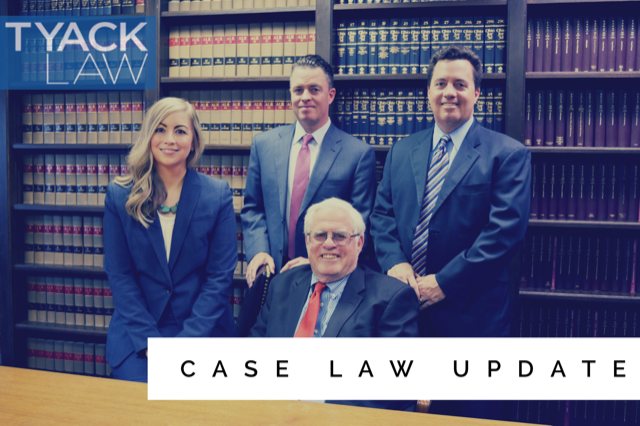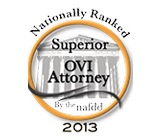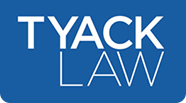
The United States Court of Appeals for the Sixth Circuit recently held in Taylor v. City of Saginaw, No. 17-2126, 2019 U.S. App. LEXIS 12412 (2019), that the Michigan city's policy of chalking tires to keep track of parked cars is an unreasonable search and has no role in maintaining public safety. The decision by the appellate created a new legal precedent in Michigan, Ohio, Kentucky, and Tennessee.
The case was brought by Alison Taylor, a Michigan woman who had received 15 parking tickets in the span of a few years. All of Taylor’s parking tickets had been issued by the same parking enforcement officer in the City of Saginaw, who Taylor alleged in her lawsuit was a “prolific” chalker.
Taylor filed a 42 U.S.C. § 1983 action against the City, alleging defendants violated her Fourth Amendment right against unreasonable searches by placing chalk marks on her tires without her consent or a valid search warrant. Taylor also sued the parking enforcement officer in her individual capacity. The defendants filed a motion to dismiss pursuant to Fed. R. Civ. P. 12(b)(6), asserting that chalking was not a search within the meaning of the Fourth Amendment, or alternatively, if it was a search, it was reasonable under the community caretaker exception.
In rendering its decision, the appellate court relied on the decision of the Supreme Court of the United States in United States v. Jones, 565 U.S. 400, 132 S. Ct. 945, 181 L. Ed. 2d 911 (2012), wherein the Court held that the government's trespass upon an effect—the vehicle—to obtain information related to the car's movement was a search. Thus, despite the low-tech nature of the investigative technique, the practice of marking the tires of parked vehicles with chalk was deemed an attempt to obtain information under Jones by both the United States District Court for the Eastern District of Michigan and the Sixth Circuit Court of Appeals.
At issue, then, was whether the search was reasonable. Defense counsel argued at the trial court level that the search was unreasonable because the City failed to establish an exception to the warrant requirement. Finding the search to be reasonable, the District Court Judge conclude that the chalking practice fell within the police’s exercise of “community caretaking,” an exception to the warrant requirement. On appeal, the Sixth Circuit Court disagreed, concluding instead that the chalking practice was a regulatory means of raising revenue for the city—which does not fall within the community caretaking exception. The Sixth Circuit Court also rejected the City’s argument that the warrantless search was reasonable because there is a lesser expectation of privacy with automobiles.
Thus, the Sixth Circuit Court concluded that “[t]aking the allegations in [the] complaint as true, we hold that chalking is a search under the Fourth Amendment, specifically under the Supreme Court’s decision in Jones. This does not mean, however, that chalking violates the Fourth Amendment. Rather, we hold, based on the pleading stage of this litigation, that two exceptions to the warrant requirement—the ‘community caretaking’ exception and the motor-vehicle exception—do not apply here. Our holding extends no further than this.”
Talk with an experienced lawyer today.
Fill out the form below to get started with your case evaluation.
"*" indicates required fields















